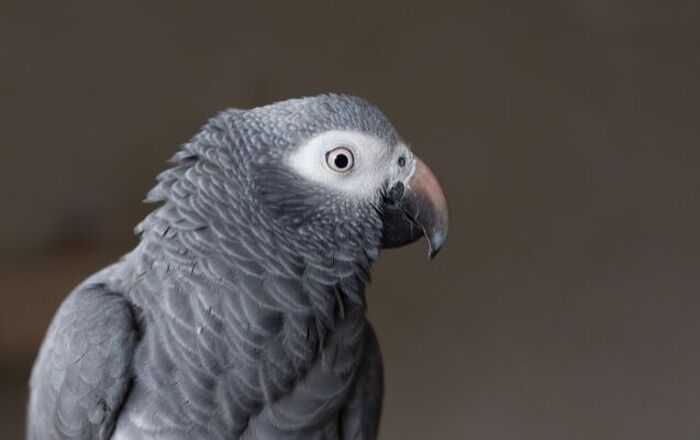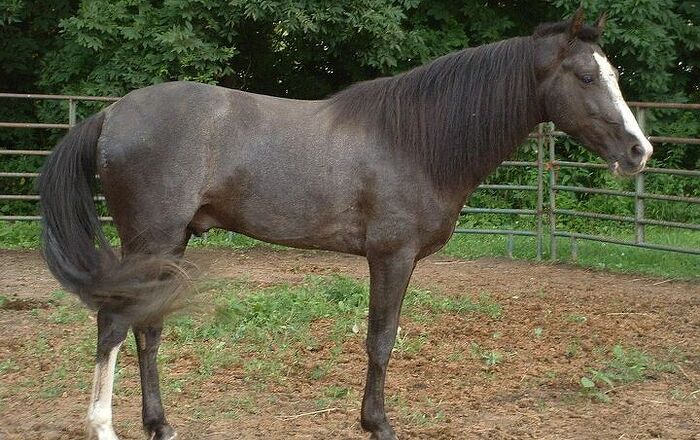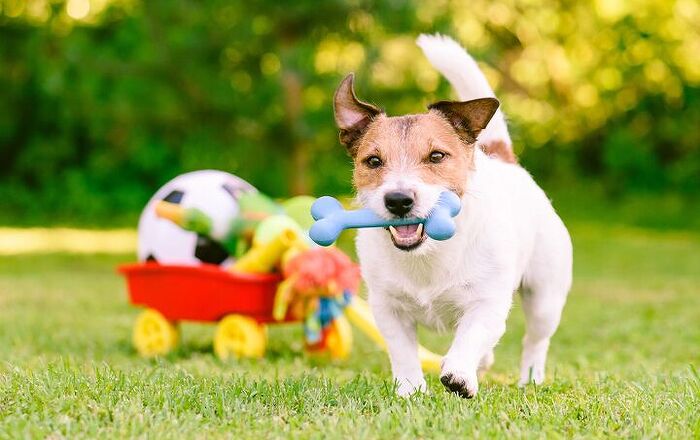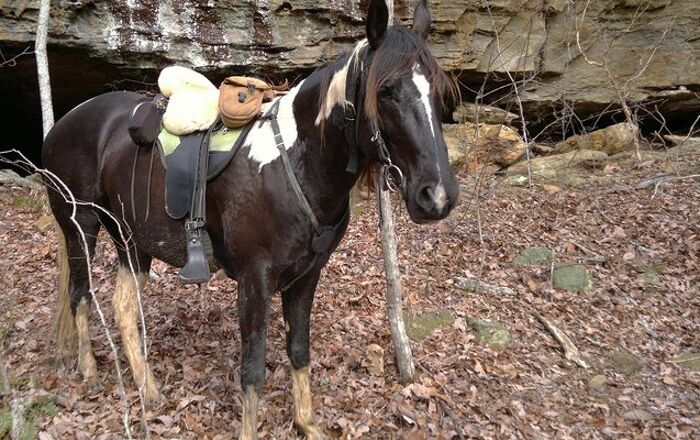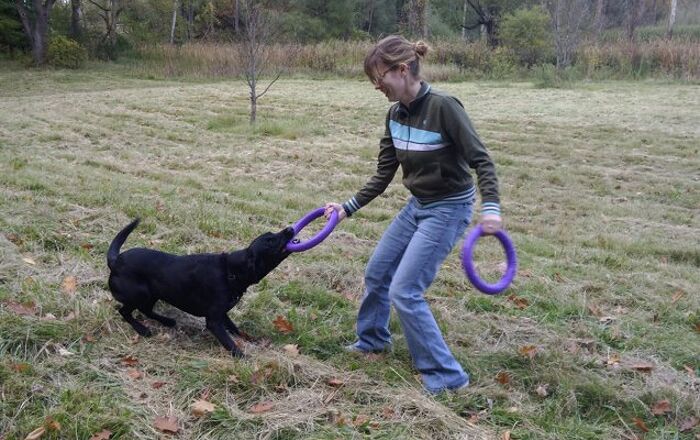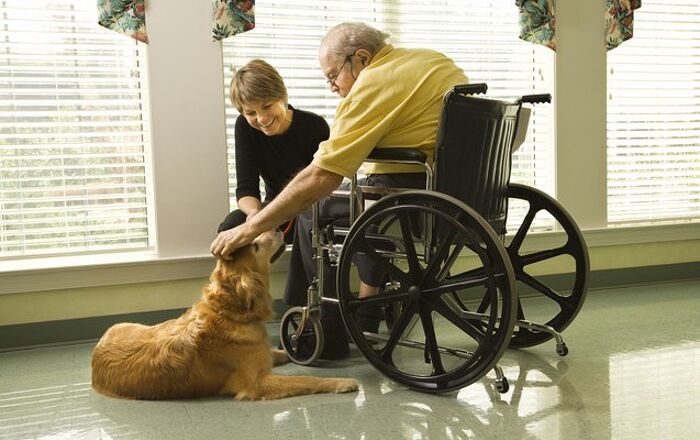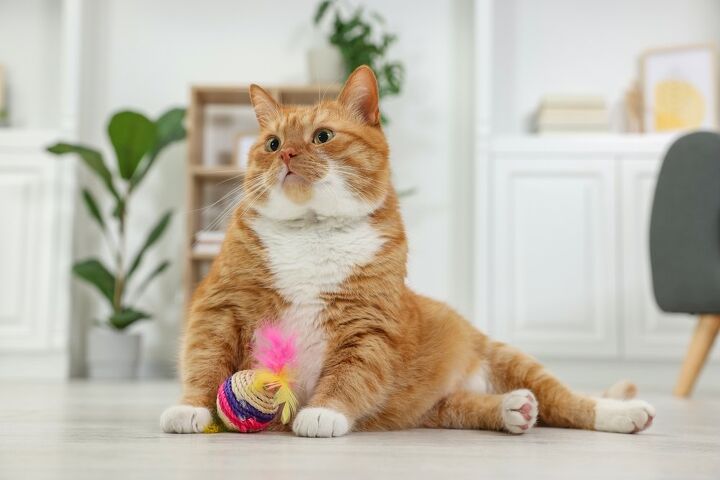
Sure, cats tend to spend a lot of their day seemingly lazing about, basking in the sun, meticulously cleaning themselves, and snoozing away. However, that doesn’t mean that cats are not active animals that need daily exercise – they have an instinct to hunt, explore, and engage in different activities that stimulate their minds and bodies. Without adequate mental and physical stimulation, cats can become bored, stressed, and even develop behavioral issues. This is why playtime is not “just” a matter of playing for felines. It meets their most basic needs and it's an essential component of their overall well-being.
Engaging your cat in interactive play stimulates their cognitive abilities, keeping their minds sharp and active. Activities like chasing toys, solving puzzles, or hunting for treats mimic their natural hunting instincts, providing mental enrichment. Enrichment is crucial to prevent destructive behaviors, aggression, and other behavioral issues that stem from boredom and lack of mental stimulation.
In addition to keeping your kitty’s mind sharp, playtime will keep them fit as a fiddle and in their top form. Regular play sessions help cats balance extra energy, maintain a healthy weight, and prevent obesity-related health issues. It also promotes muscle tone, flexibility, and overall physical fitness, reducing the risk of joint problems as they age.
Last but not least, interactive play presents a unique bonding opportunity. Playing together with your cat will strengthen your relationship, fostering trust and affection. It's a chance to spend quality time together and will provide your cat with a sense of security and happiness.
The importance of your cat having regular playtime is indisputable, but how much playtime do they need? Well, as it usually goes with these things, the answer will largely depend on your pet’s specific traits, such as their age, breed, and health status. However, for most cats, that “magic” number ends up being between 20 to 30 minutes of playtime each day. This could be your starting point to determine the right amount of play for your pet, just tailor it to their needs – for instance, younger cats and kittens will need longer and more frequent play sessions to burn off excess energy and engage their curious minds.
As intelligent and sometimes finicky animals, cats can be a bit hard to please. A new toy might bore them in a matter of hours, or they might prefer scratching your couch rather than the new cat tree you bought them – but if you rely on the following tricks, it’s much likelier that your kitty will enjoy playtime.
#1 Rotate Toys
Keep your cat's interest piqued by rotating their toys regularly. Introduce new toys periodically to prevent boredom and stimulate their curiosity, but don’t overdo it – bringing home new toys too often will ensure they get bored of each one too quickly.
#2 Variety is Key
Experiment with different types of toys, such as wand toys, laser pointers, puzzle feeders, and interactive play circuits. Cats have unique preferences, so observe what activities your cat enjoys most and tailor playtime accordingly. Usually, a safe bet is going for a catnip-filled toy such as the well-loved Yeowww! Catnip Yellow Banana Cat Toy. Popular for its shape that makes it perfect for cats to grab onto and forcefully scratch with all fours, this toy will keep your kitty engaged thanks to the organic catnip stuffing that fills this banana-shaped toy to the brim.
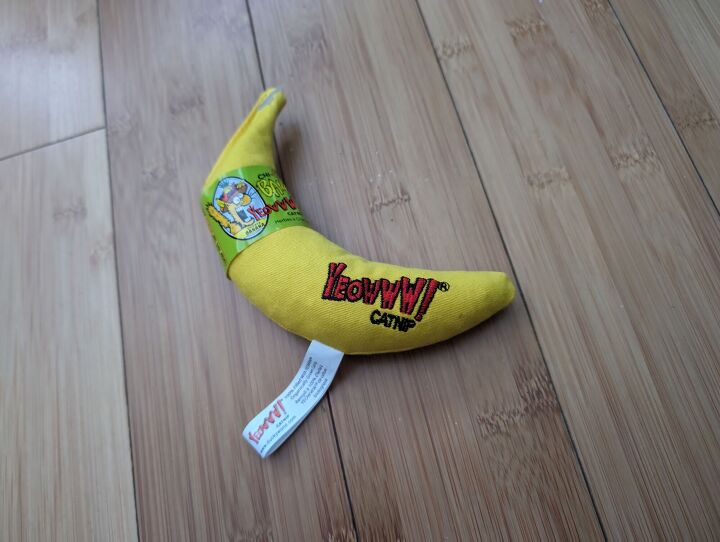
#3 Follow Their Lead
Let your cat dictate the pace of play. Some cats prefer short, intense bursts of activity, while others may enjoy longer, leisurely play sessions. Pay attention to their body language and adjust accordingly.
#4 Don’t Neglect Environmental Enrichment
It’s not just about interactive play with you – your pet also needs enrichment from their living space. Create a stimulating environment for your cat with scratching posts, climbing structures, hiding spots, and perches. These additions encourage natural behaviors and provide opportunities for exploration and play.
#5 Positive Reinforcement Is Key
Reward your cat with praise, treats, or affection during and after playtime to reinforce positive associations. This encourages them to engage enthusiastically in future play sessions.


